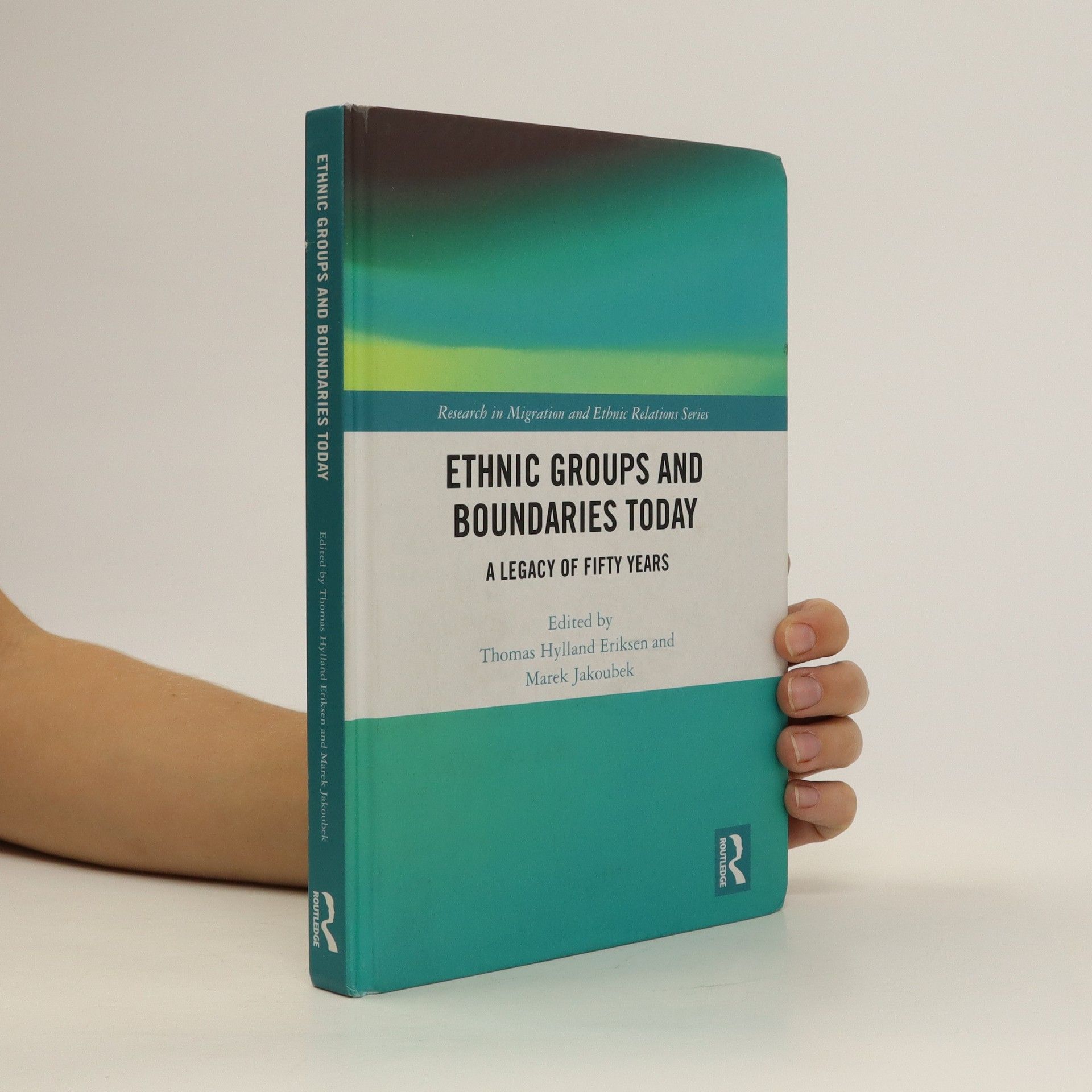Co je antropologie?
- 232 pages
- 9 hours of reading
Přední světový antropolog Thomas Hylland Eriksen představuje antropologii jako revoluční způsob přemýšlení o lidských společnostech. Kniha je perfektním vstupem do oboru nejen pro studenty, ale i pro čtenáře, kteří se s touto vědní disciplínou zatím blíže neseznámili. Eriksen poutavým způsobem nastiňuje historii antropologie a základní pojmy, jako je společnost, osoba, kultura či překlad. Přibližuje také metody terénního výzkumu a hlavní témata, jimiž se antropologové zaobírají. Eriksen v knize Co je antropologie? přesvědčivě ukazuje, proč je antropologie jednou ze základních vědních disciplín a jak se její zjištění zrcadlí v mnoha současných debatách nejen o ekologii, identitě a podstatě lidství.












